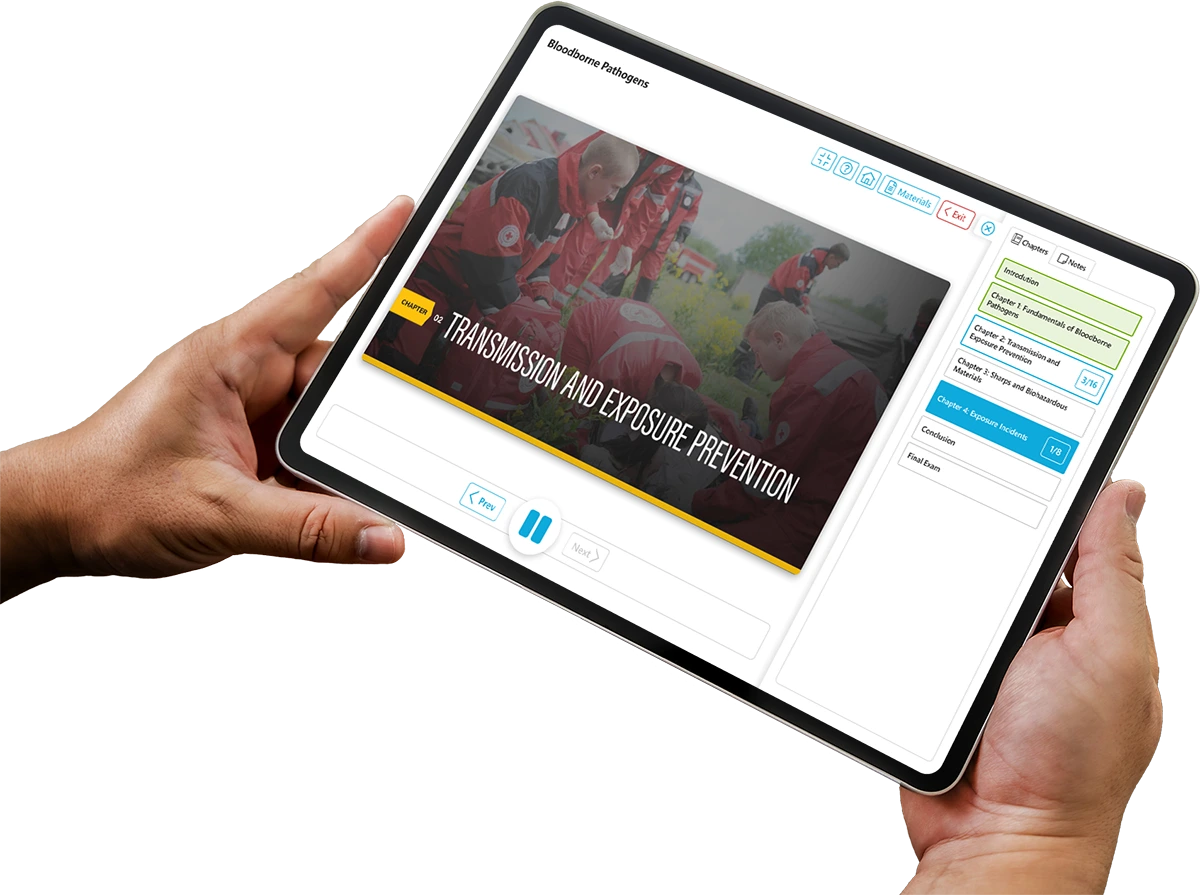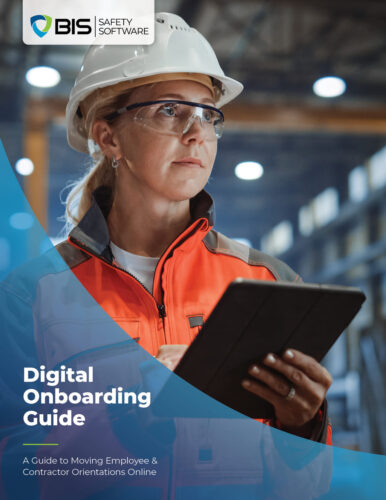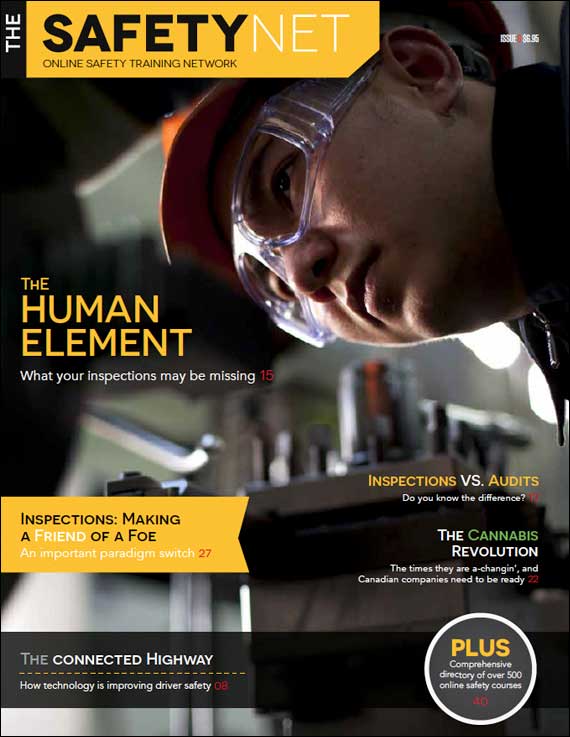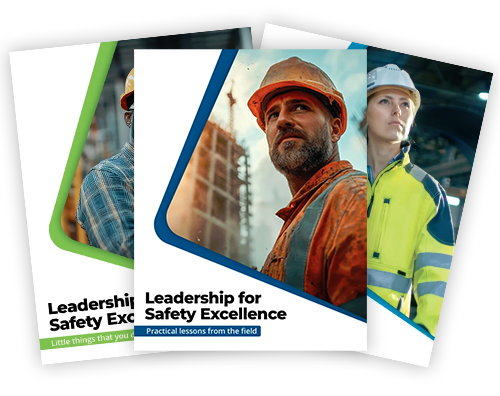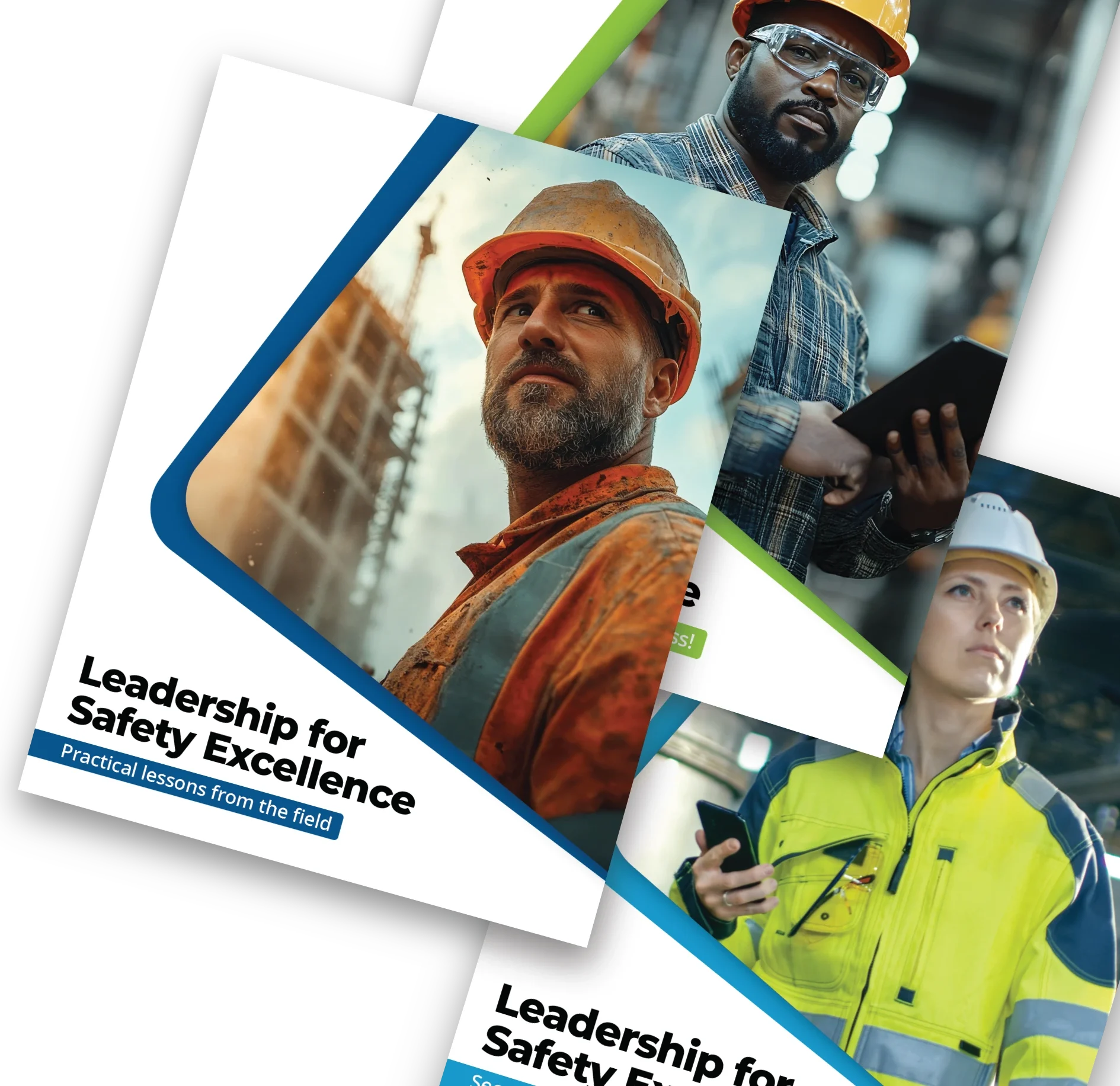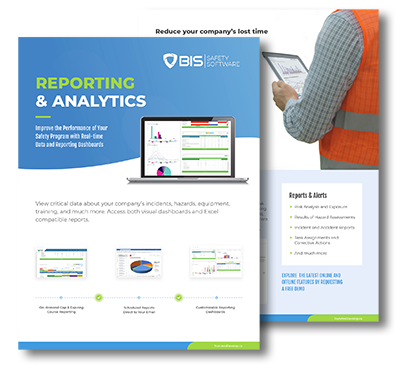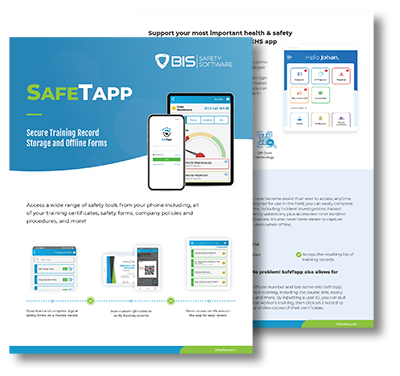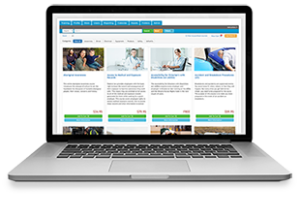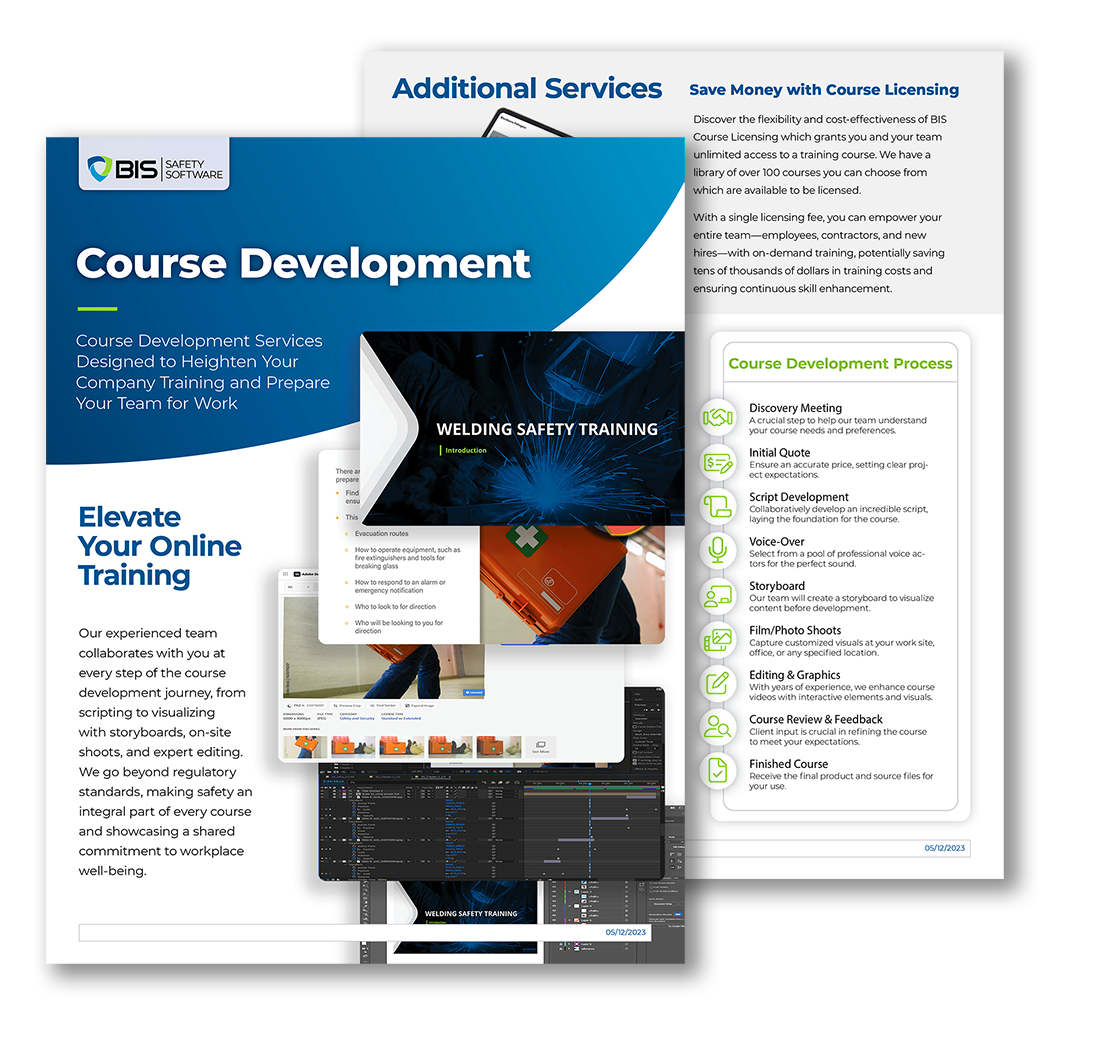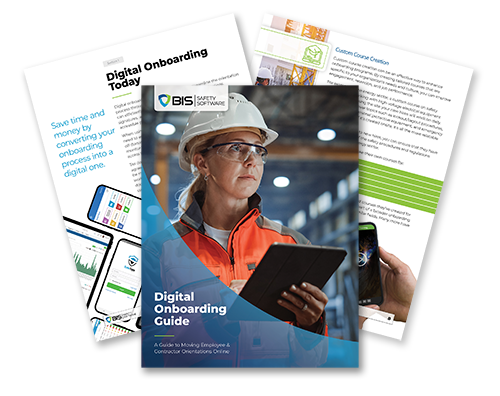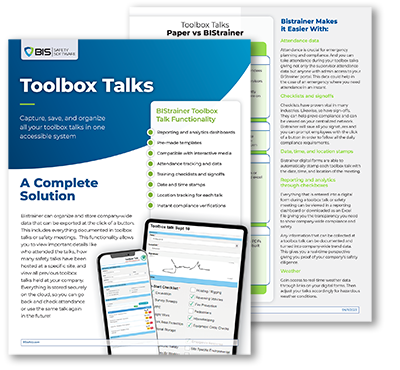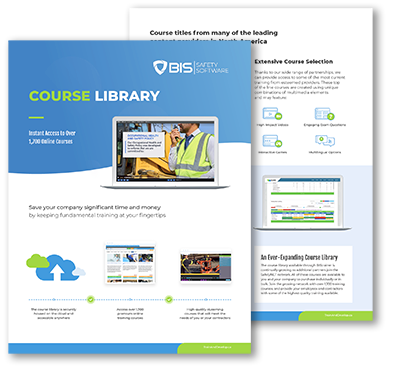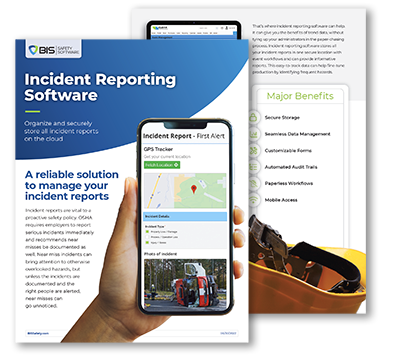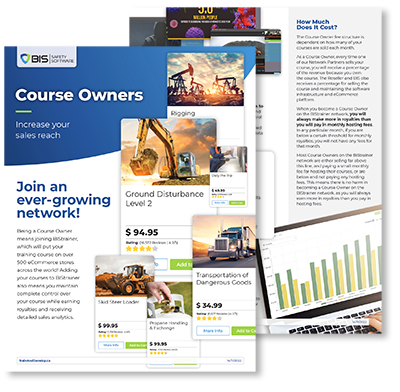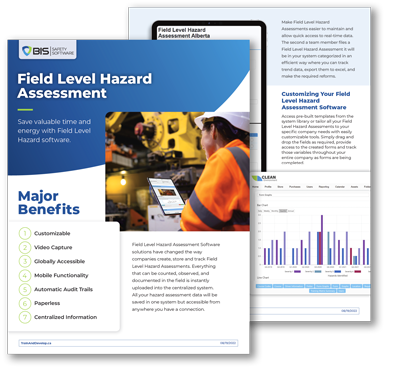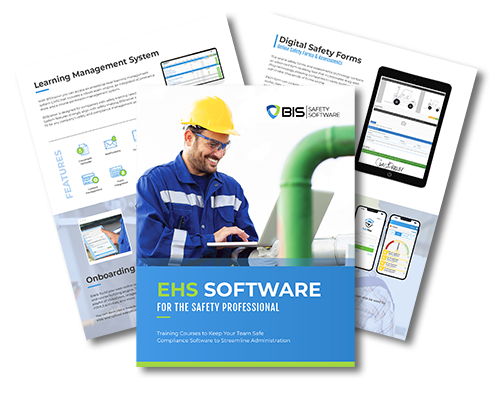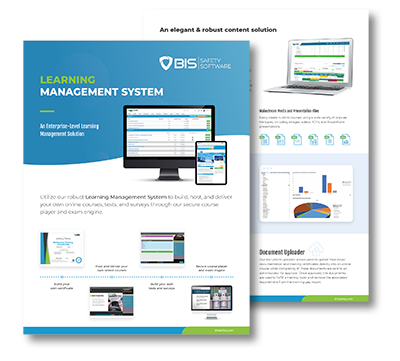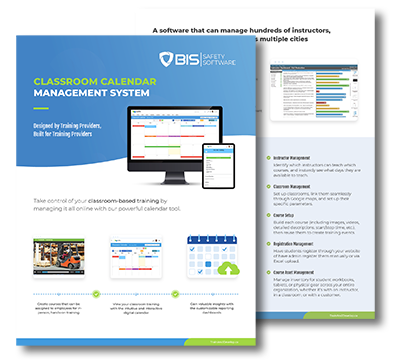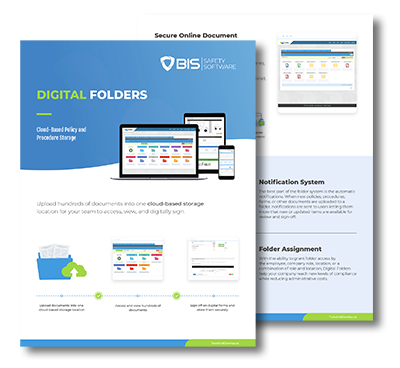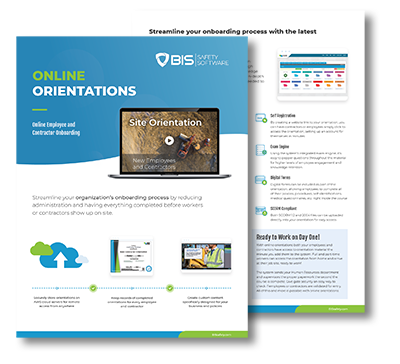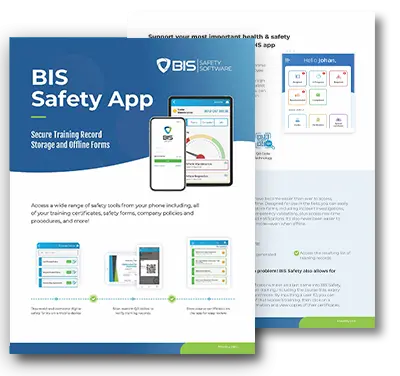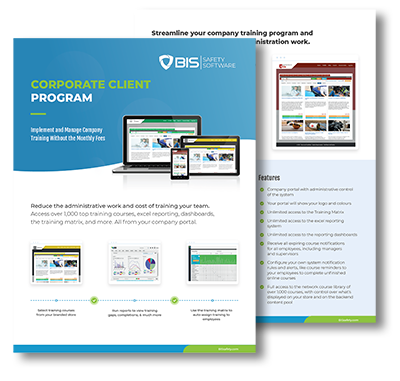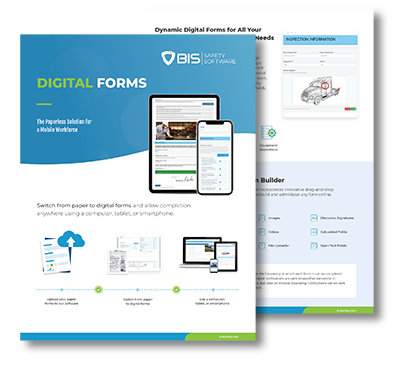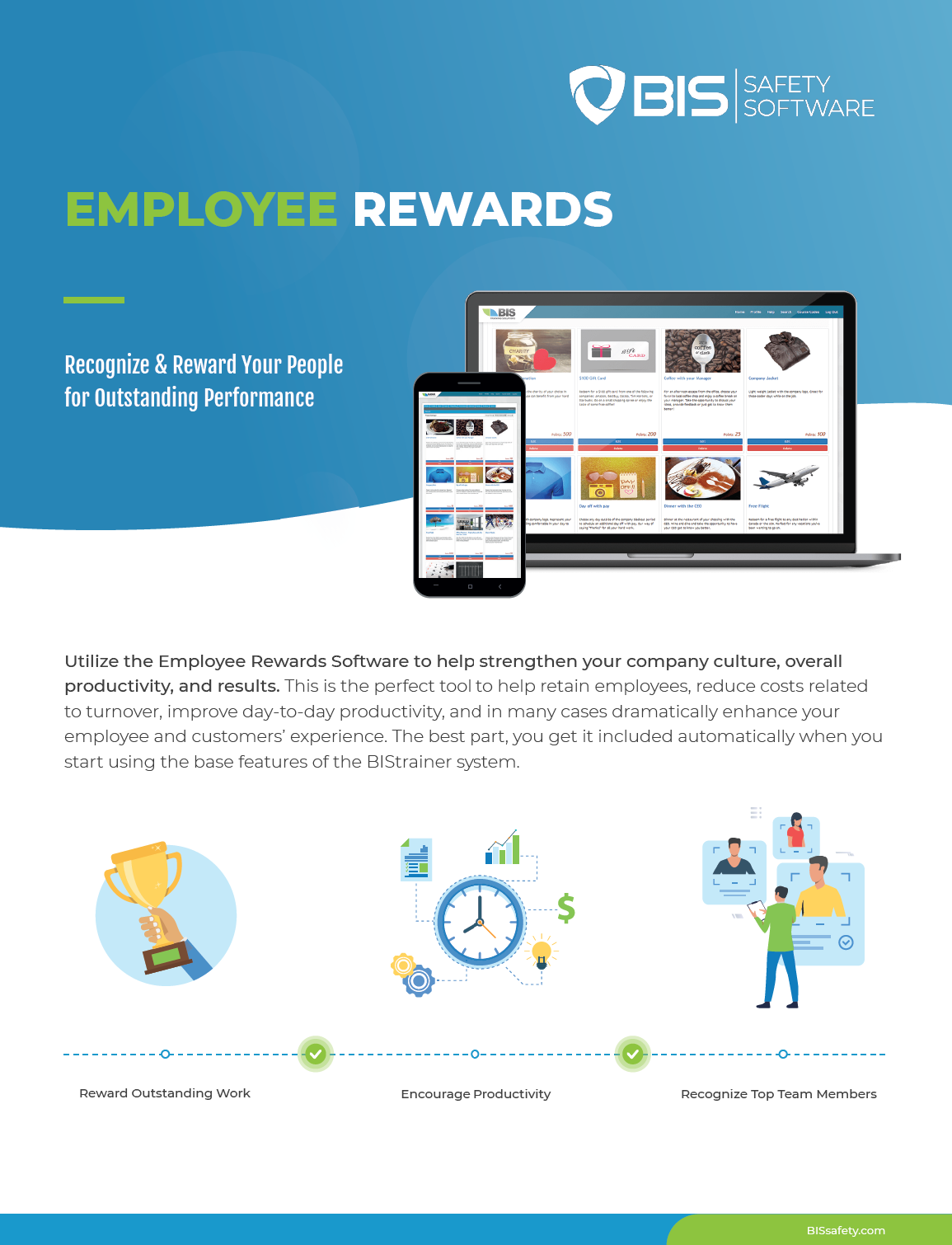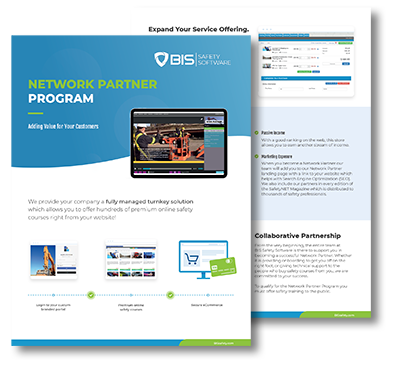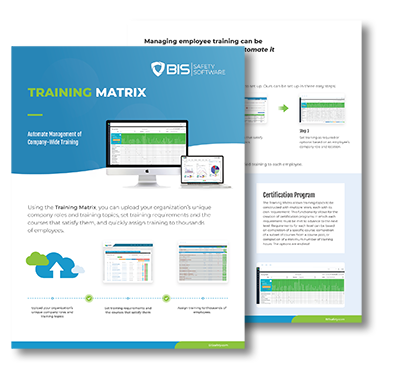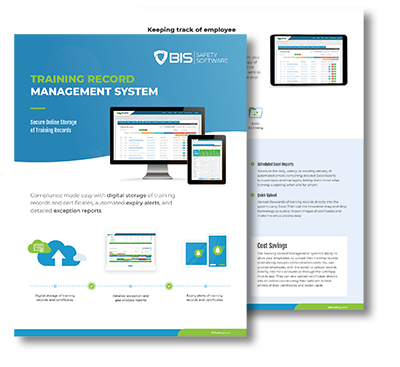
Getting Safety Software Adoption Right: What Actually Works
Rolling out safety software should solve problems, not create new ones. But too often, organizations find that even the best digital tools fall flat in the field. The real issue? Adoption.
Safety software adoption isn’t just a technical task, it’s a team shift. To make it work, you need to connect with the people using it daily.
1. Lead with What Matters to the Crew
Don’t start with software specs. Start with why it matters to them. Focus on benefits they’ll feel right away:
- Fast, easy reporting
- Less repetitive paperwork
- Quicker access to needed resources
A face-to-face chat on the jobsite can drive more engagement than a polished company-wide memo ever will.
2. Choose Tools That Work in the Real World
The best safety software feels effortless. Before launch, ensure it’s:
- Optimized for phones and tablets
- Easy to navigate with minimal clicks
- Usable even for those less familiar with tech
Have frontline teams test it first. If they’re not fans, it’s back to the drawing board.
3. Build Training into Daily Workflows
Formal classes won’t cut it alone. Real-world training can include:
- Scenario-based videos
- Quick help cards on-site
- Live support during first uses
Training needs to feel natural, not like homework.

4. Create Crew-Level Champions
Every crew has influencers. Empower the early adopters to:
- Demonstrate usage
- Answer peer questions
- Encourage consistency
This grassroots strategy makes the change stick.
5. Recognize Progress, Not Just Compliance
Encourage usage with small, visible wins:
- Team callouts in morning meetings
- Swag for submitting first digital reports
- Fun competitions for weekly usage streaks
It builds momentum without feeling forced.
6. Always Follow Up
People stop using tools they think no one reads. Show you’re listening:
- Give updates based on feedback
- Highlight reports that led to improvements
- Share stories of success during toolbox talks
Show the system works—and that it works for them.
Final Thought: Make Software Work for People
At the end of the day, safety software adoption is about trust. When workers believe the tool is there to help—not track—they’ll engage. Build systems that serve the field, and adoption becomes advocacy.


